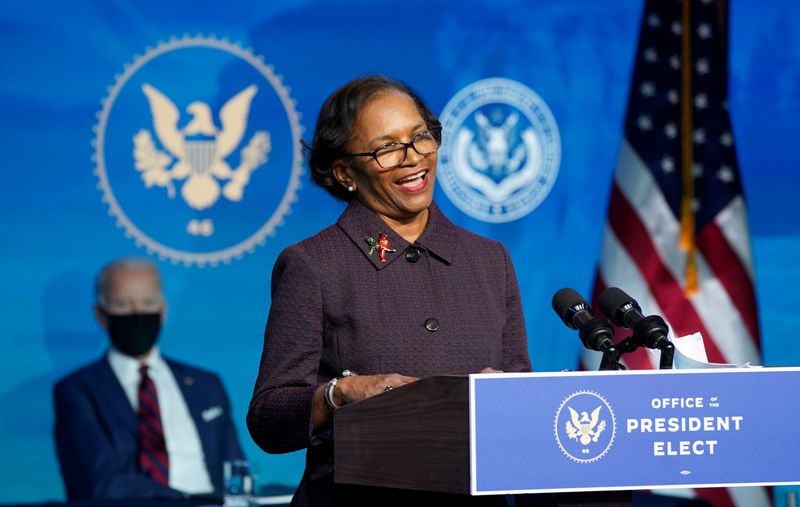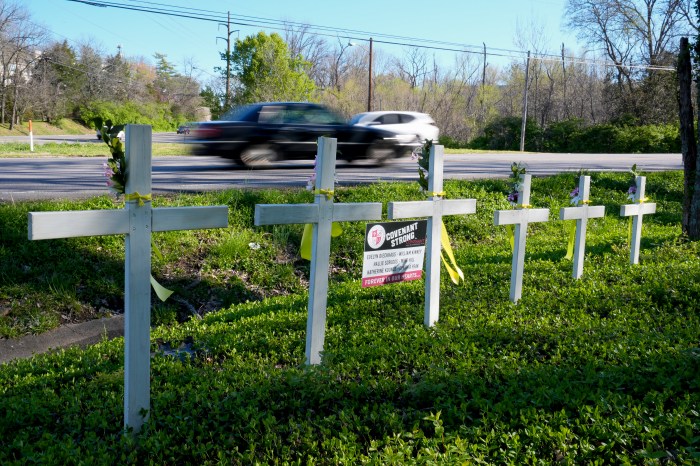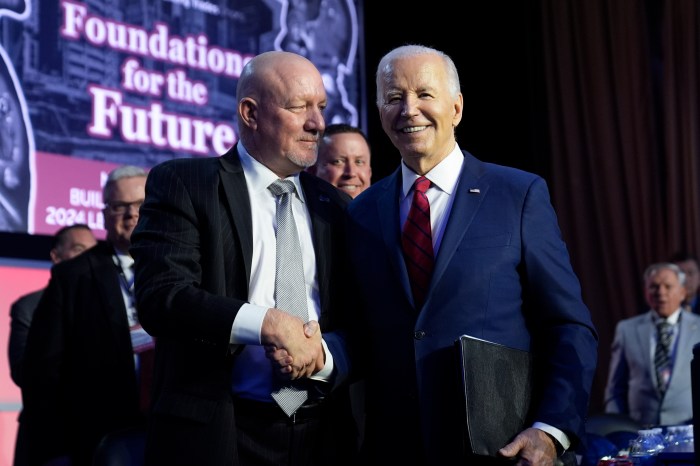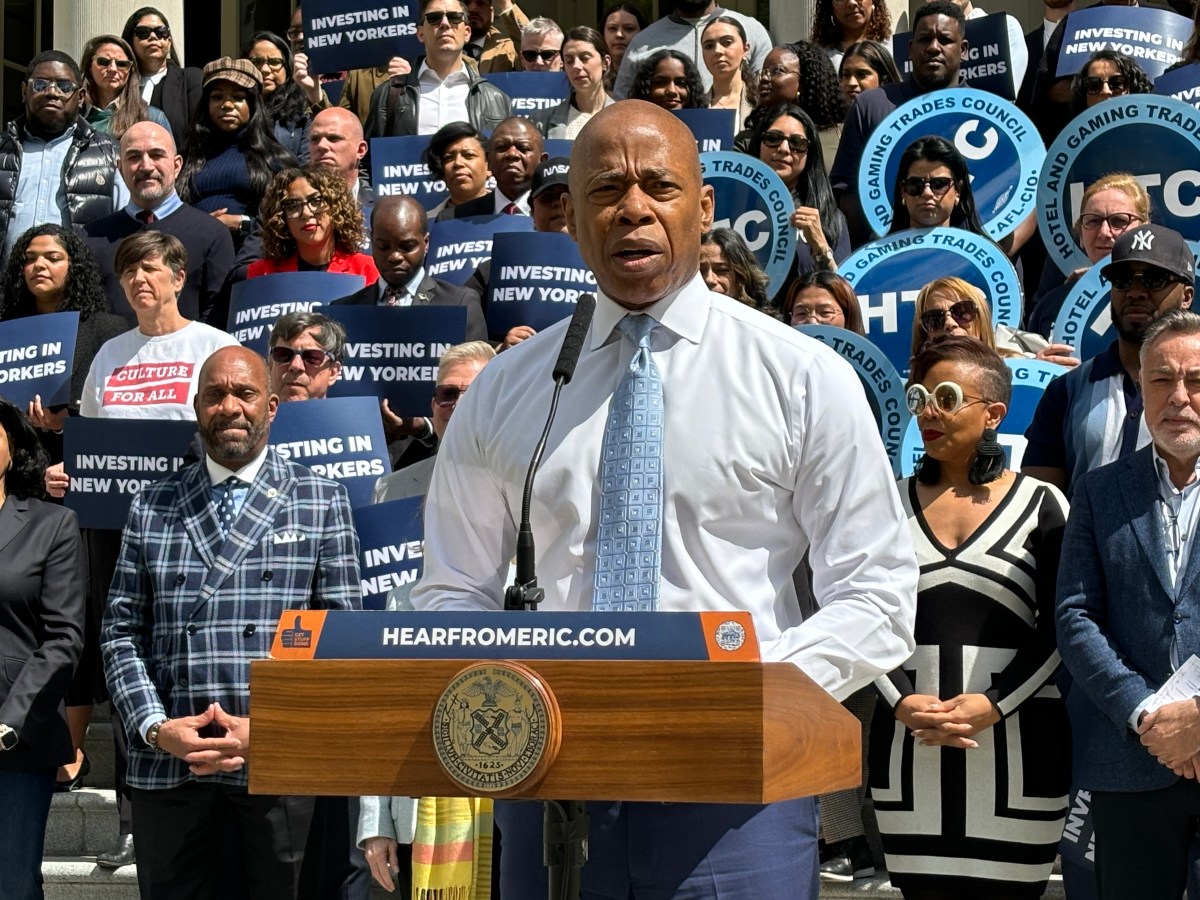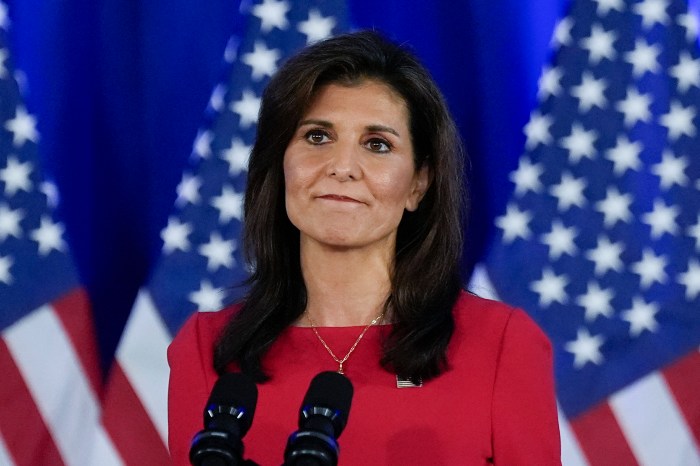WASHINGTON (Reuters) – The U.S. Senate voted 53-45 to confirm Brenda Mallory as head of the White House Council on Environmental Quality (CEQ), a key role that is central to federal environmental reviews of major infrastructure projects and coordinating the administration’s environmental justice and climate change policies.
Mallory will be the first African American to serve as CEQ Chair after previous stints at the Environmental Protection Agency, as CEQ General Counsel and most recently as head of regulatory affairs at the green advocacy group Southern Environmental Law Center.
The CEQ coordinates White House energy and environmental policies across federal agencies, and can have broad influence on the outlook for big infrastructure projects from pipelines to industrial facilities.
“By helping forge unity of purpose – across communities, across the country, and across government – CEQ will help our nation rise to the environmental challenges of our time, from climate change and the nature crisis to the environmental injustices that have plagued our country for too long,” Mallory said in a statement.
She began her career in private practice as a lawyer dealing with the application of the National Environmental Policy Act (NEPA), a bedrock environmental law administered by CEQ.
In an interview with Reuters ahead of her nomination last December, Mallory said she hoped the council would reverse changes made by the Trump administration, which sought to ease and speed up NEPA approval of big energy infrastructure projects.
The Trump-era changes eased requirements to weigh climate change impacts of a project and limited the amount of public comment, a move seen as diminishing the voice of low-income and minority communities that are often opposed to these projects.
(Reporting by Valerie Volcovici; Editing by Aurora Ellis)

